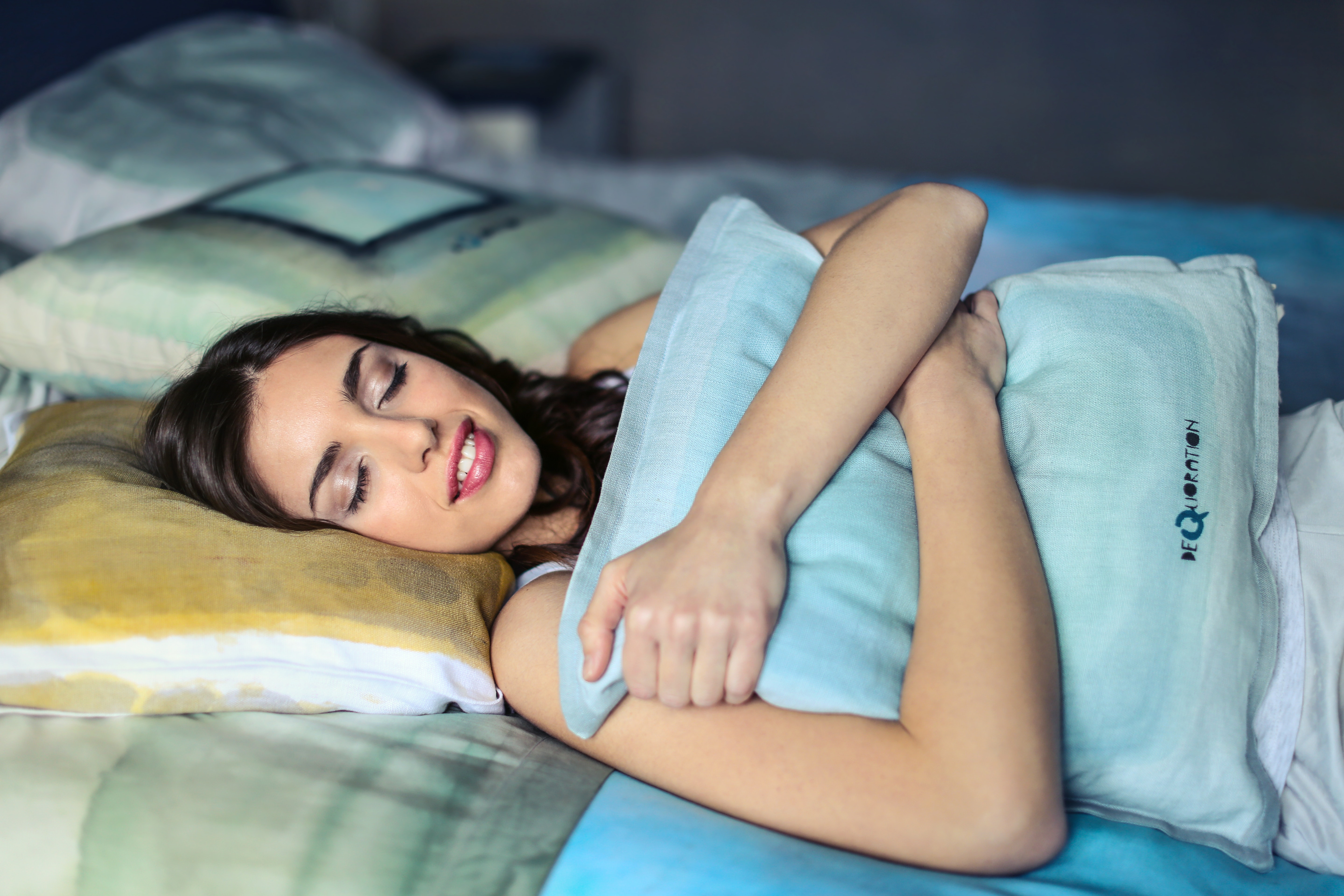How to sleep better
You break out of bed at the sound of an alarm clock. It's 6.30, the new day begins. You do not, however, spurt with energy and enthusiasm, you feel sleepy and even strong coffee does not help. Do you know this feeling?

How to sleep well?
1. Watch out for light.
Research shows that reading on the screens of electronic devices just before going to sleep can inhibit the production of melatonin, a hormone that helps us fall asleep. Russell Foster, a cyclist researcher at the University of Oxford, downplays the threat and points out that the difficulty of falling asleep more than a cell may cause, for example, too sharp light in the bathroom. Foster explains that melatonin production holds up large doses of light, electronic devices do not produce it so much, but in the bathrooms we usually visit before going to sleep, the light is usually almost blinding. Maybe it is good to reduce the light intensity in the bathroom or brush your teeth earlier?
Either way, let's try to limit the exposure to light 30-60 minutes before going to bed.
2. Morning shot of photons.
Just as dim light makes it easier to fall asleep, its increased amount puts us in the morning, because it is a signal for the internal clock that time to get up. If for some reason we have to get up before dawn, let's have good lighting before the sun rises. Most of the internal lamps have brightness similar to that of the rising sun, that is between 400 and 1000 luxes. However, in order to fully wake up in the morning and properly set the internal clock, Foster recommends light with an intensity between 1000 and 2000 lux.

3. Jump into sleep.
Research by Robert Stickgold, director of the Center for Sleep and Cognition at Harvard Medical School, showed that people were better at finding a way out of the labyrinth if they had dreams about the task before. And conscious dreaming - that is, when the dreamer is able to control his experience without waking up - favors the phenomenon of insight and diminishing anxiety. Tore Nielsen, a sleep researcher at the University of Montreal, explains that people who have at least one lucid dream a month are more resilient in the face of stressful events. Nielsen advises to get into the habit of asking during the day questions: "Am I dreaming?". In the end, we'll probably ask them when we sleep, we'll realize that we're dreaming and we're going to take control over sleep.
4. Go to sleep earlier.
Stickgold argues that how much we sleep depends entirely on us. He encourages us to carry out such an experiment: for a week, let's go to sleep an hour earlier than usual. If at the end of the week it turns out that due to 7 hours of additional sleep we have arrears, stop doing it. It is more likely, however, that we will get the opposite effect: we will have more energy and operate more efficiently
If you enjoyed this post, follow me @quilath